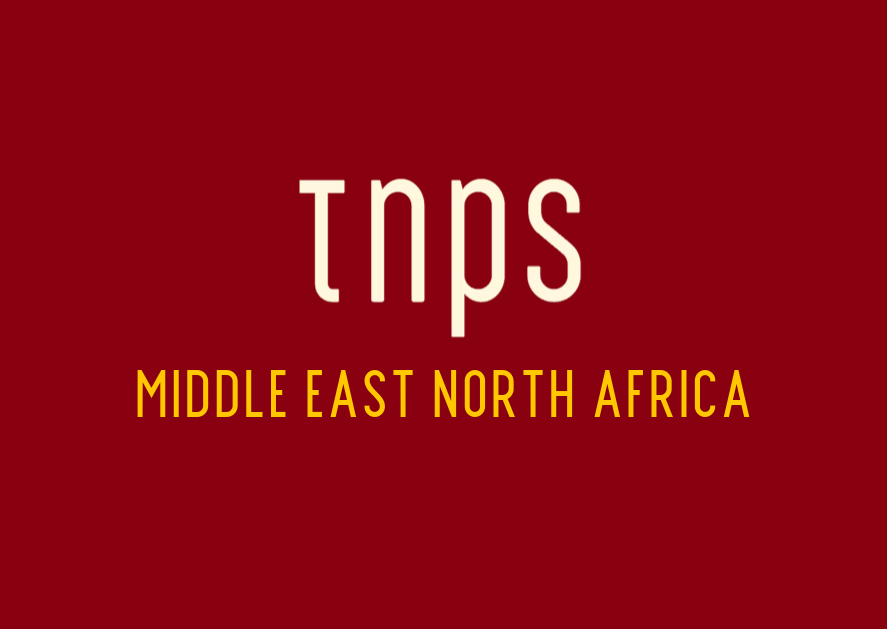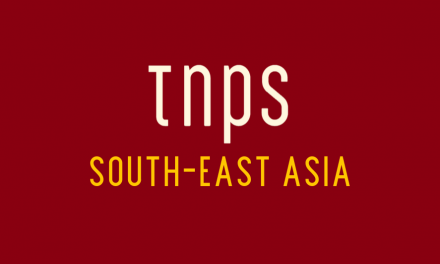StoryDrive Asia wound up a two day conference on Tuesday that has received little coverage in the western industry media beyond that offered by Porter Anderson over at Publishing Perspectives.
The following snippets from a StoryDrive press release just issued gives some insights into what we missed, each followed by some off-the-cuff reactions from yours truly.
Digital audiobooks and paid podcasts on emerging Chinese models are seen to be an emerging area of growth, targeted by both regional start-ups like Malaysia’s TLinge and global giants like Overdrive, the world’s leading distributor of digital media to public libraries.
MW: To which we might add Amazon’s Audible, which has just last week launched a Chinese-language branch of Audible offering Chinese spoken-word content to Chinese listeners outside China.
OverDrive has a long history of engagement with China, from when it began supplying Chinese titles to North America in 2009 – a move that first put Steve Potash and OverDrive on my One To Watch radar and hasn’t disappointed since.
In 2013 OverDrive led the way in getting western ebooks into China‘s libraries and retailers.
Since being taken over by Rakuten, OverDrive remains at the forefront of the international digital game, and given the current synergy between OverDrive and Rakuten-owned Kobo my guess is there will be some surprises ahead.

ASEAN’s book publishing markets are growing and developing quickly, and ASEAN publishers are increasingly finding ways to work together to strengthen links between ASEAN publishing markets as well as promote ASEAN content to overseas markets.
MW: For most ASEAN markets analogue publishing has been a struggle, due to poor distribution infrastructure and perceived low interest in reading. Of course, the two go hand in hand. If books aren’t available, accessible and affordable then, surprise, surprise, fewer people read.
Yet as I’ve shown here at The New Publishing Standard with posts on Sharjah or the Big Bad Wolf Sales, etc, the readers are out there.
So regular visitors will find it no surprise to hear me say digital is the future for these markets, and the sooner the ASEAN publishers throw off their analogue chains and embrace digital across the region, the better.
(Across) China, Philippines and many other territories in Asia, the trend of film and television producers systematically working with book and online media publishers to source film and television development concepts is very well established (but) a relatively new phenomenon in Singapore. Book-to-film adaptation was a key subject for StoryDrive Asia.
MW: The Global New Renaissance continues apace. Yet as per the tone of this press release snippet, the idea of trans-media products is still a novelty to some.
The reality is we are just seeing the tip of this particular iceberg and the best is yet to come, with the likes of Wattpad showing us how content-suppliers can by-pass the traditional media gatekeepers and take content trans-media without the blessing of the men in suits.
Publishers’ use of new technologies was a key area, with AR/VR technologies in particular being deployed by publishers in a region known for use of smartphones.
MW: “… in a region known for use of smartphones.” In that off the cuff remark is such depth there isn’t time to plummet beyond the surface here.
I live in a country – The Gambia, West Africa – where ebooks are extremely hard to come by, but print books even harder.
While there therefore are not many people e-reading here, those that do are e-reading not from convenience or because (some) books are cheaper, but because it’s the only way they can get to read at all.
Multiply that thought across half the globe and you’ll understand why I’m beyond excited by the prospect of a truly global ebook market.
But in 2017, ten years after the Kindle store opened, the global ebook market is still a long way from reality.





